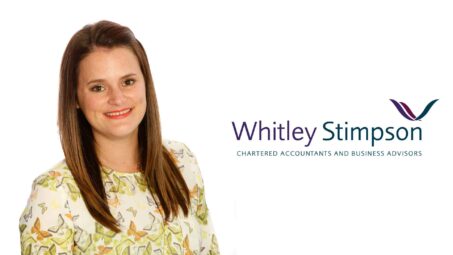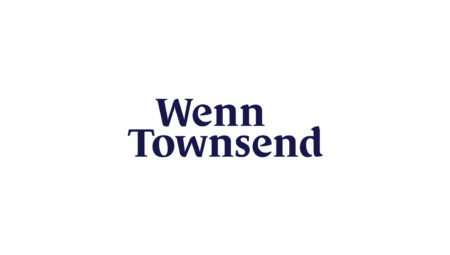
How the VAT Reverse Charge works
The VAT domestic reverse charge accounting mechanism was put in place to help prevent criminal attacks on the UK VAT system by means of sophisticated fraud.
UK businesses receiving certain specified goods and services are liable to account for UK VAT, by way of the domestic reverse charge procedure. Under the domestic reverse charge rules, it is the responsibility of the customer, rather than the supplier, to account to HMRC for VAT on supplies of the specified goods or services. It should be noted that there are exceptions within each category, and it is important to check carefully if the domestic reverse charge is required on a transaction or not.
The specified goods that the reverse charge applies to are:
- mobile phones
- computer chips
- wholesale gas
- wholesale electricity
The specified services are:
- emission allowances
- wholesale telecommunications
- renewable energy certificates
- construction services
The following example is included in HMRC’s internal manual to help outline how the charge works:
A VAT registered UK distributor of mobile phones sells a number of mobile phones to a VAT registered UK retailer for a VAT-exclusive value of £6,000, an amount that is above the de minimis limit. The distributor does not charge VAT on the supply (£1,200), specifying on its invoice that the reverse charge applies.
The retailer will account for the distributor’s output tax (£1,200) but will also reclaim the amount as input tax, thus producing a nil net effect. The retailer now sells the mobile phones to members of the general public, charging VAT on the supply as normal.
The domestic reverse charge should not be confused with the reverse charge for cross-border services which applies to certain services from abroad.
More in Accountants

Why having an audit can boost your business
Many directors will wince at the prospect of an audit, seeing it as a necessary evil to meet statutory obligations.

FRC Proposes Major Overhaul of Auditing Standards
In a bold move, the Financial Reporting Council (FRC) has unveiled proposed changes to auditing standards that could have a major impact on the financial world, according to chartered accountants and business advisors Whitley Stimpson.

Whitley Stimpson shines as finalist for top national award
Service Charge Accountancy specialist Jonathan Walton of Whitley Stimpson has been recognised for his outstanding work in the field by being shortlisted for a prestigious property industry award.
From this author

Energy Bill Relief Scheme launched
The Business Secretary Jacob Rees-Mogg has announced the launch of the new Energy Bill Relief Scheme to help cut energy bills in the non-domestic sector. The new scheme will cover all non-domestic energy customers, including UK businesses, the voluntary sector, for example charities and the public sector such as schools and hospitals.

Small Business rate relief
Business rates are charged on most non-domestic premises, including most commercial properties such as shops, offices, pubs, warehouses and factories. Some properties are eligible for discounts from the local council on their business rates. This is called business rates relief. There are a number of reliefs available including small business rate relief, rural rate relief and charitable rate relief.

Company Share Option Plans
There are a number of government approved share schemes which offer tax advantages to employees.


